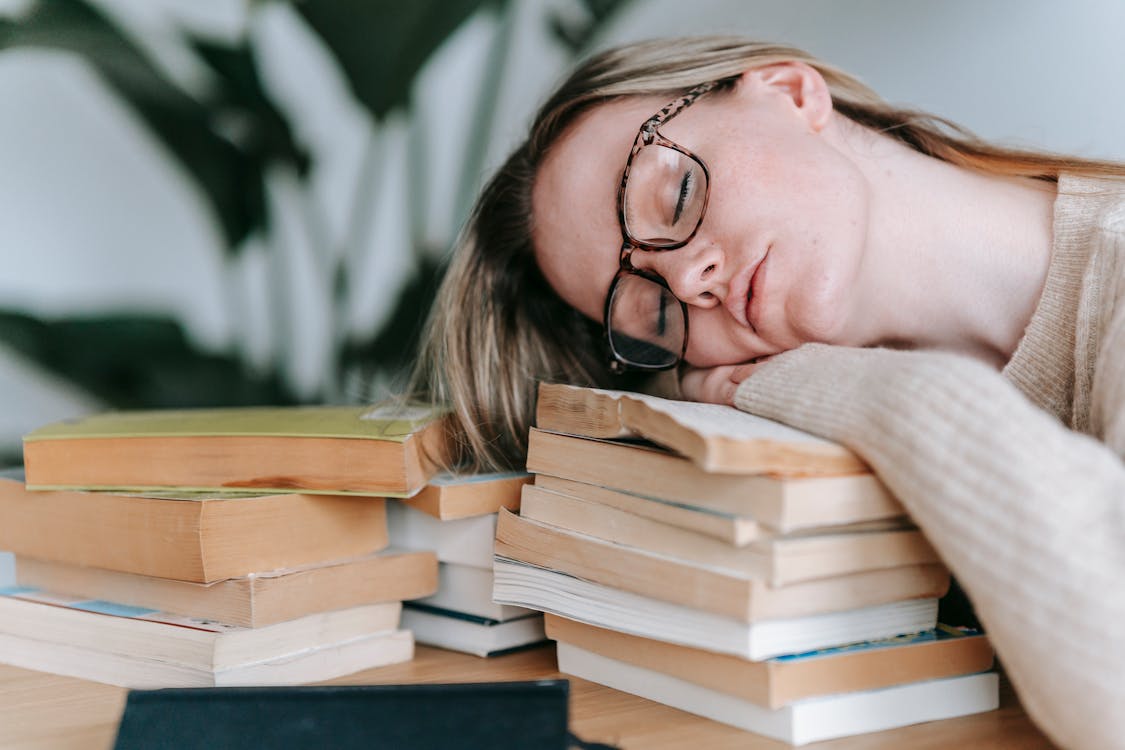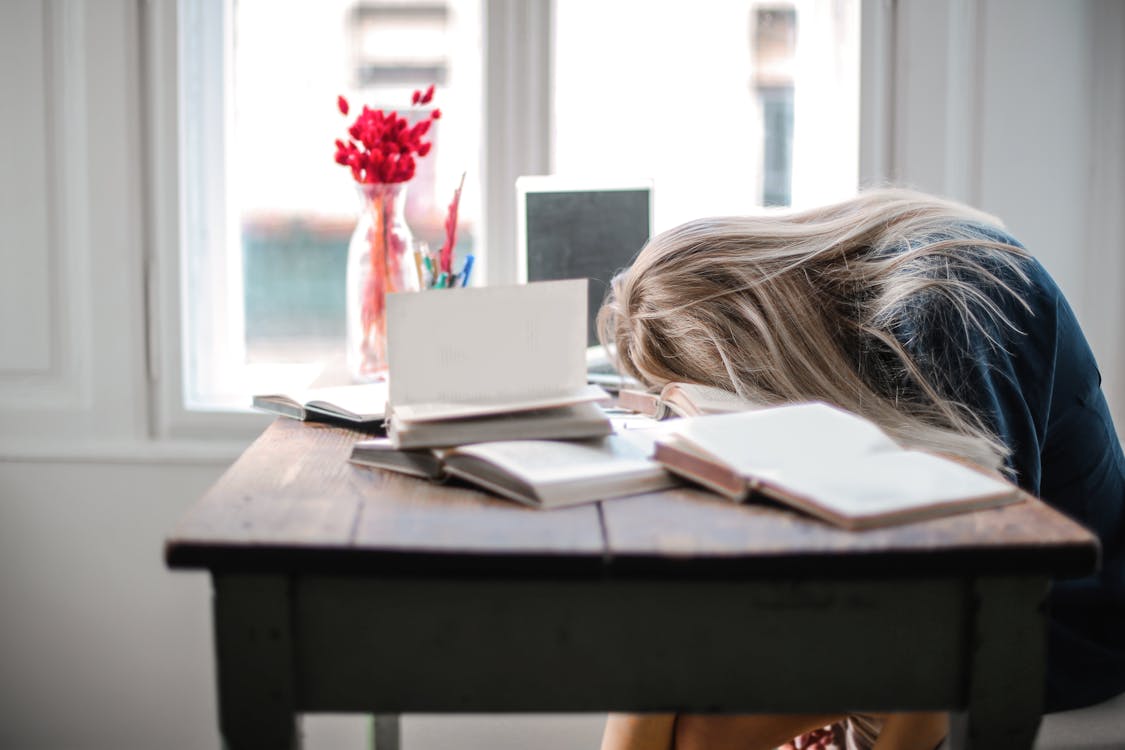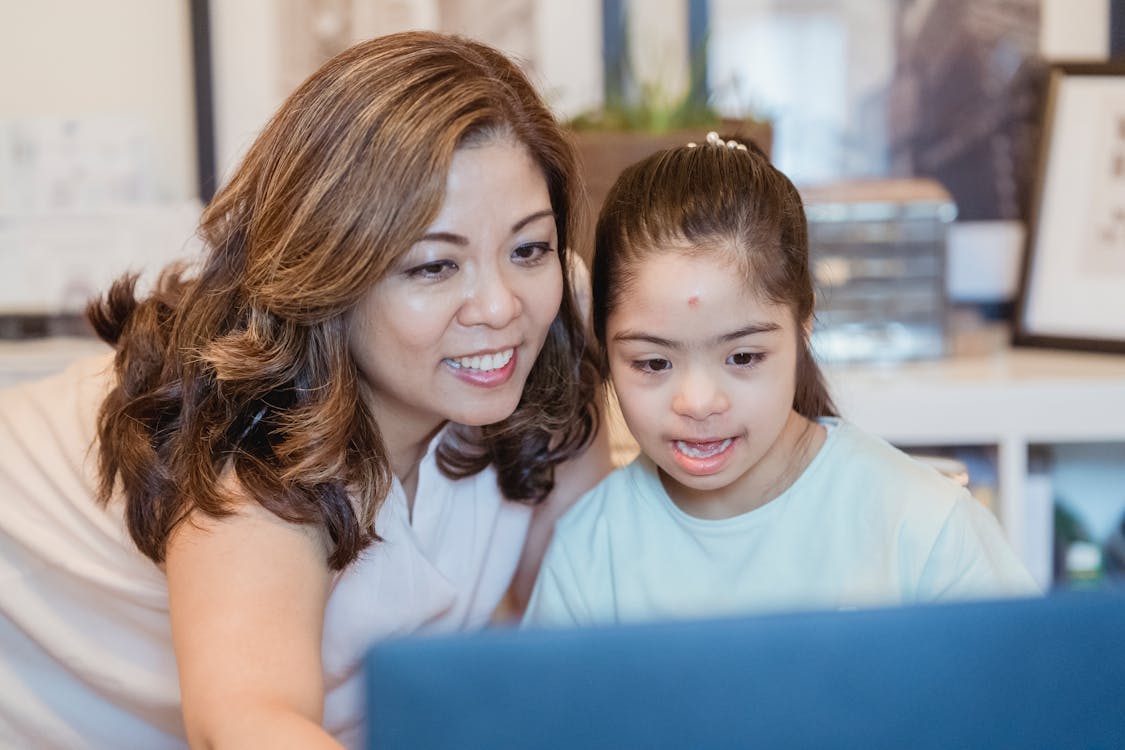The #1 question people ask about like 2 days before their sleep study is
Am I going to get a drug test?
The answer is your sleep clinic should be giving you a drug test- especially if you’re scheduled to have an MSLT. However, not all clinics do the testing. It creates a huge problem that there’s no consistency, but that is a whole new post. The reason drug tests are warranted is because most drugs, including THC, change sleep architecture. That in and of itself can cause sleep problems. Not too long ago there was a study that came out discussing the effects of THC on MSLT results in teens.
Sleep architecture is the structural pattern of sleep. We’re all at least a little familiar with REM and NREM and the cyclical nature of sleep between the different stages. It turns out sleep architecture matters. Back in 2013, researchers at the University of Rochester Medical Center (URMC) discovered the glymphatic system whose role is to wash away any waste like dead cells or amyloid-beta while we sleep. Basically, our brain works like a dishwasher and there is a set process to washing dishes that you can’t mix up. Your dishwasher is set on a cycle and if you take the dishes out before the cycle has finished, they’re not clean. It’s the exact same way with your brain and sleep architecture.
The second question
People ask, usually after they’ve had their sleep study: Was I supposed to be on anti-depressants? The answer to that is most likely no, but it depends on the circumstances. If this is your first sleep study and you’re on an anti-depressant then yes, you’re usually asked to stop taking them 2 weeks prior to your study. SSRIs are known to affect REM. If you’re having what’s called a titration study where your sleep doctor is simply having you come in to get a mask for OSA and not hooking you up to everything, then meds may not be an issue at all.
Withdrawal from tricyclic anti-depressants or MAOIs can also affect sleep architecture. Anti-depressants are known to suppress REM sleep and exacerbate Restless Legs and Periodic Limb Movement symptoms. The problem with taking these meds if you’re trying to determine your diagnosis is that you’re not getting your actual sleep results when using a med that can change sleep architecture. There’s always that question whether the med affected your results and you’re not going to get that answer without doing the study properly. So really, it’s a waste of time and money.
I completely understand that being off anti-depressants for 2 weeks is a terrible idea. I’ve done it for 2 sleep studies. It’s bad enough being off stimulants for that long. In all honesty, I recommend locking yourself in your room most of the time if you’re anything like me. The more times you go off an anti-depressant the more intense the symptoms can become. In my case, I’m quick to anger and experience intense emotions out of the blue. If you don’t absolutely have to be on anti-depressants, think twice about starting them because you can get “stuck” on them for life.
What other meds can affect your sleep?
Antihistamines, benzodiazepines, stimulants, analgesics, and antiepileptics.
Sedatives, such as benzodiazepines and barbituates, are known to increase apneas as well as increase the severity of nocturnal oxygen desaturation. Looking at some of the control groups before and after results in some studies, even people who don’t normally have obstructive sleep apnea end up having apnea as a side effect when they take sedatives. Finding out if you have OSA or meds that are causing apnea is important- especially since sleep studies are quite expensive.
The third question people ask is:
When do I get my results?
The morning after your sleep study your doctor may stop by your room and let you know the initial results. If you’re doing an MSLT you may not hear from your doctor after your overnight study. The sleep techs can’t tell you the results. That tends to be frustrating for a lot of people and no one can tell them anything. Normally it takes about 2 weeks to get all of the results. Calling before that usually gets you nowhere. There are times when the sleep techs will ask if you’re driving home repeatedly or have the doctor see you right after the MSLT if your case is severe enough. I was already on stimulants for my first sleep tests so the tech made sure I took the stimulant in front of her before I left. My MSLT results showed that I fell asleep in 31-48 seconds on average so safety became a factor. I have heard of cases where doctors gave people stimulants the same day because of their results. Don’t bank on that, though. Most people have to wait 2 weeks to hear anything.



